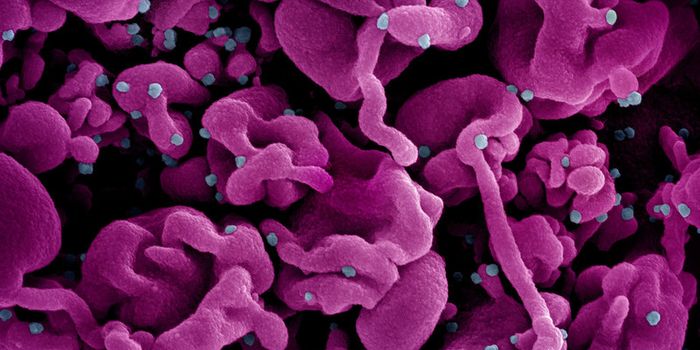How the Human Gut Microbiome Has Diverged From Those of Our Ancestors
The human gut microbiome has a huge influence on human health, and impacts us in many different ways. While the composition of the gut microbiome is clearly related to diseases that affect the gastrointestinal tract, the effects of the gut microbiome go far beyond that, and can impact the brain, the immune system, the liver, and other organ systems.
Scientists are quickly learning more about the various microbes that tend to reside in the human microbiome, but there is a lot of diversity in the composition of the microbiome of one individual compared to another. Researchers are also still learning about how the human gut microbiome has changed as our species has evolved, and how that microbial community compares to that of our closest living ancestors, the great apes.
A new study has examined the gut microbiomes of various species, as well as human who live in urban or rural areas. The findings have been reported in Nature Communications.
In this study the researchers assessed over 200 fecal samples with a metagenomic analysis, which identified all of the organisms in a sample by analyzing all of the DNA within and comparing it to known sequences. The samples came from diverse groups of people, along with specimens from bonobos, chimpanzees, and gorillas that live in the wild.
The gut microbiomes of humans were shown to be quite different from the ones in great apes; there are many gut microbes that are only found in humans. The researchers noted that the gut microbiome seems to have evolved along with us, and diverged from our ancestors just as we did. By understanding how our gut microbiomes have changed, we may gain new insights into disorders affecting the human gut, like chronic inflammatory bowel diseases, the study authors suggested.
Phylosymbiosis is a phenomenon in which a host and symbiont have jointly evolved. "Our data show clear signs of this. In all the great apes we studied, we found signals that indicate conserved evolutionary relationships between microbial communities and their host species," said study co-author Dr. Jan Gogarten from the Helmholtz Institute for One Health. "This underpins the importance of phylosymbiosis as a result of close interaction between host and microbiome over evolutionary time."
The gut microbiome of humans has become quite specific to us, and the microbes in the human gut microbiome have shared many genes with each other, and have shed many genes. The microbes are also well-adapted to living in the oxygen-free conditions of the gut.
For example, Prevotella is a gut bacterium. In the human microbiome there is one gene carried by 90 percent of Prevotella bacteria found in humans, but this gene is absent from Prevotella that are found in apes.
While research has not examined the function of this gene in detail in Prevotella, work with Escherichia coli has indicated that it helps the bacterium survive in low-oxygen conditions, explained study co-author Dr. Corinna Bang, head of the microbiome laboratory at Kiel University.
The work also showed that there has been a significant loss of microbial diversity in the gut microbiomes of urban-living people, which confirms previous findings.
"Overall, our study provides important new insights into the relationships between the effects of an urban lifestyle, the loss of evolutionarily conserved bacterial groups and the resulting possible functional adaptations of the human microbiome," said senior study author Professor Andre Franke, board member of the PMI Cluster of Excellence.
Sources: Kiel University, Nature Communications
-
MAY 07, 2024Is It Anti-RNP or Anti-Sm/RNP?
-
MAY 08, 2024Expand your Multiomic Capabilities with RNAscope™
- See More
-
APR 30, 2024Immuno-Oncology Virtual Event Series 2024
-
MAY 07, 20243rd International Biosecurity Virtual Symposium
-
MAY 23, 2024For the Love of Digital PCR 2024
- See More


















































